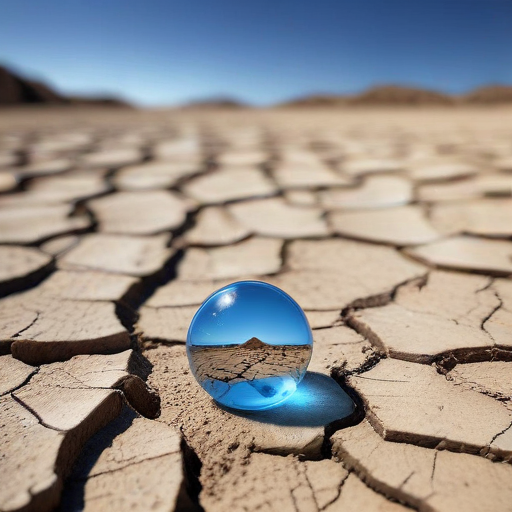Vanuatu’s capital is currently facing a severe water crisis after a devastating magnitude 7.3 earthquake demolished key reservoirs in the South Pacific nation. As rescue efforts continue, authorities anticipate that the death toll and number of injuries will rise.
The latest reports from the government’s disaster management office confirmed 14 fatalities, although the main hospital later verified nine deaths. Many individuals remain trapped in collapsed buildings, complicating ongoing rescue operations. Approximately 200 people have sought medical treatment for injuries sustained during the quake, while responders work tirelessly under challenging conditions that include dust and heat.
As rescue teams sift through the rubble in Port Vila, the capital, communication has been severely disrupted. Telecommunication systems collapsed, making it difficult for residents to contact relatives. While efforts to restore phone services are underway, internet access remains largely unavailable due to damage to the submarine cable.
The earthquake struck at a depth of 57 kilometers (35 miles) and was located 30 kilometers (19 miles) west of Port Vila. A tsunami warning was issued but subsequently lifted. However, the country is still experiencing numerous significant aftershocks.
Aid organizations, such as the International Federation of Red Cross, are assessing the situation and are concerned about the welfare of those still unaccounted for. The main hospital in Port Vila was heavily damaged and is now operating from a military camp. Health care services, which were already strained, are now grappling with increased demands for help.
The destruction of two large water reservoirs has left residents in desperate need of drinking water. Lines have formed outside stores, where individuals are limited to purchasing only a few bottles at a time. UNICEF has reported a rise in waterborne illnesses among children due to the consumption of contaminated water, prompting officials to advise boiling any restored water.
Devastation was also seen in the commercial sector, with significant damage to several buildings, particularly in the busy downtown area, and ongoing fears of further collapses due to heavy rain. A diplomatic facility that housed missions from various countries was also destroyed.
While assessments of damage to the seaport and airport raise concerns regarding humanitarian efforts and economic recovery, immediate relief actions are being organized. Humanitarian flights are set to begin soon, with support from military personnel from Australia and New Zealand.
Despite this catastrophic event, the resilience of Vanuatu’s community shines through as residents and aid teams unite in their efforts to assist one another during this challenging time. The nation’s experience with seismic activity means that, while the impacts of this earthquake are deeply felt, the collective spirit of its people and support from neighboring countries are steps towards recovery.
Summary: Vanuatu is facing a water crisis following a magnitude 7.3 earthquake that destroyed reservoirs and caused multiple casualties. Rescue efforts are ongoing, with a rising death toll expected. Telecommunications outages hinder communication, and the main hospital is operating from a military site due to extensive damage. Humanitarian efforts are being mobilized, showcasing the resilience of the community in response to this disaster.
